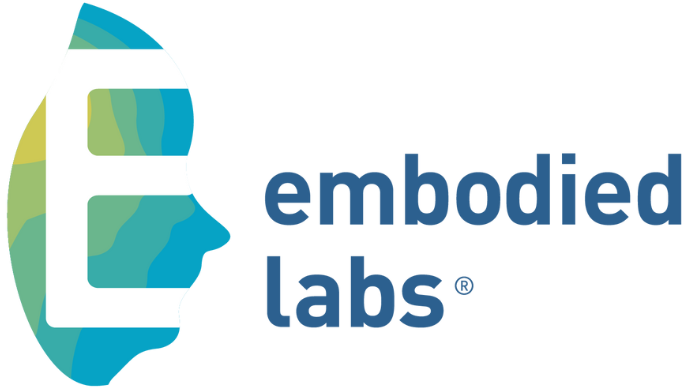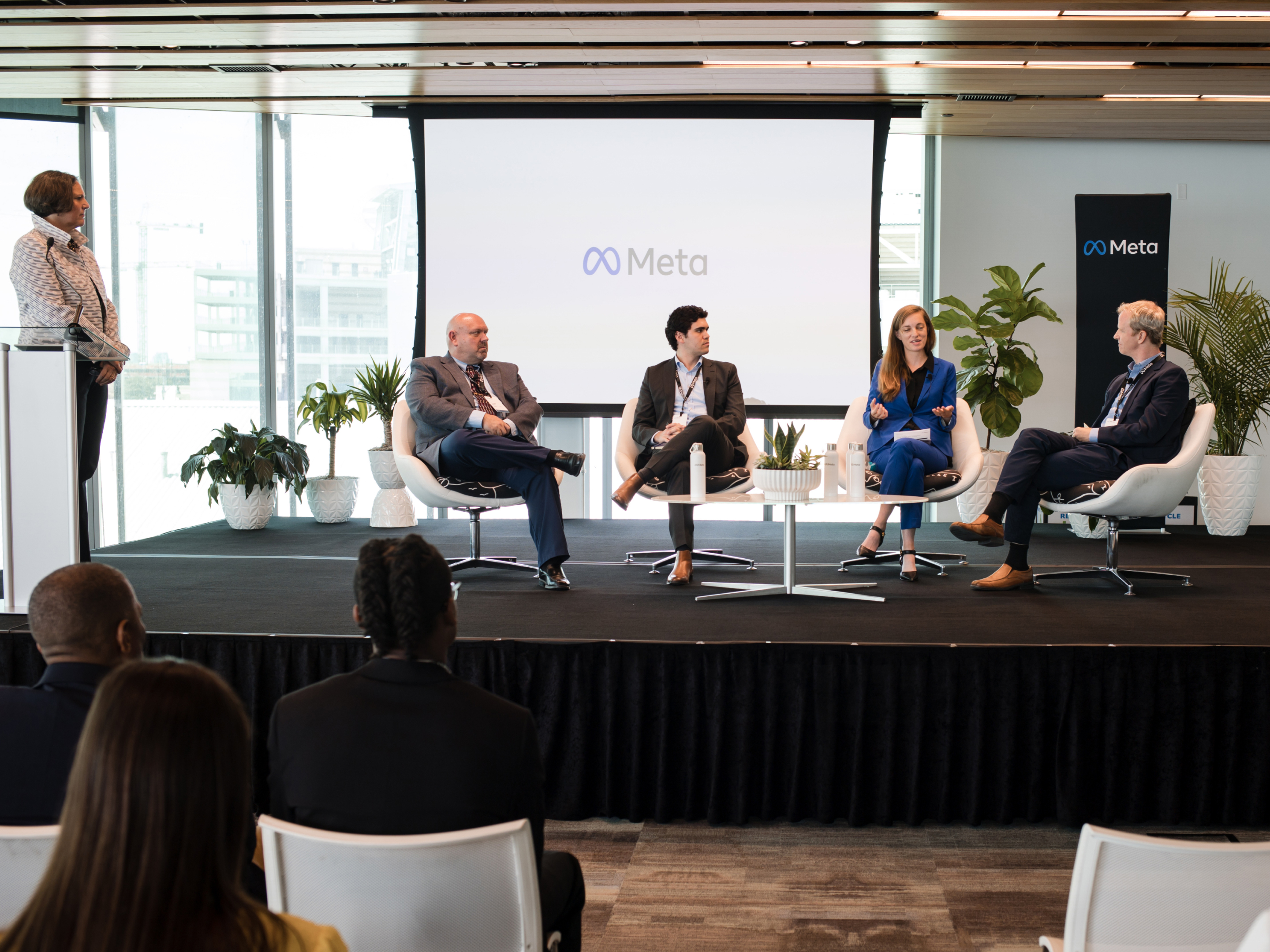Excerpt of the article The Soft Skills “Debate” Is Over by Maria Flynn, originally published on forbes.com, May 30, 2023.
The rapid infusion of AI into almost every aspect of our working world, from health care to manufacturing to design, has resurfaced an old debate about which skills we’ll really need for the workforce of the future. If automation can power an assembly line, complete patient intake, and draft social media posts, what kind of jobs should we be training the next generation to do, and what skills will they need to perform them? What are the skills that are “inherently human” that we need to be doubling down on?
The power of AI may be new, but these questions aren’t. When I first joined the Department of Labor in the early 1990s, one of my first assignments was to help roll out the findings from “What Work Requires of Schools,” a report that named three foundational skills and five workplace competencies that young people needed to develop to succeed in the world of work. The skills, which included utilizing and allocating resources, teamwork and negotiation, and identifying tools for different tasks, launched years of discussion—and my ongoing fascination and frustration—about how we examine, discuss, and implement strategies around what we now commonly refer to as “soft skills.”
The term, coined by the U.S. Army in the early 1970s to differentiate between interpersonal and machinery skills, provokes strong reactions. I’ve fielded many questions throughout my career over which is more important, “soft” or “hard” skills, and the concept has gone through several rebrandings; “durable skills,” “foundational skills,” “employability skills,” and even “21st-century skills” are all used widely across industries.
But time has proven that it doesn’t matter what we call them, or even precisely which ones are most important—the core list still looks a lot like it did 30 years ago. What we need to focus on today is how we teach them in educational settings, and assess them in the workplace. Because durable skills—my preferred term—are essential. And in an automation-focused future, they’ll be even more so.
Despite research that confirms demand for skills like critical thinking, leadership, collaboration, and communication is growing, companies are struggling to find them among young hires. A report from the Society of Human Resources Management observed that while four-year colleges were once considered a sure source for soft-skill development, now nearly 3 in 4 employers say they have a hard time finding graduates with the durable skills they need. And even though more companies are embracing skills-based hiring practices, the ability to accurately assess durable skills remains elusive.
The need, however, is urgent; in an increasingly AI and automation-driven workforce, durable skills remain a uniquely human strength and hold significant value.
A new report estimates AI could impact nearly 300 million jobs globally, in some cases automating up to 45% of required tasks. “Increasingly, machines will perform tasks they are better suited to perform than humans, such as computation, data analysis, and logic,” one expert told the Pew Research Center. “Functions requiring emotional intelligence, empathy, compassion, and creative judgment and discernment will expand and be increasingly valued in our culture.”
So how do we both teach durable skills and create equitable, transferable ways of assessing them? Perhaps ironically, immersive learning innovators have made great strides in using artificial intelligence to build human interpersonal skills. The recent Meta Future of Work Summit highlighted new uses of augmented and virtual reality as an education and training tool; two featured companies, Embodied Labs and Talespin, are using immersive learning technology to help health care workers develop communication skills, emotional intelligence, and empathy.
[...] Read the full article here



